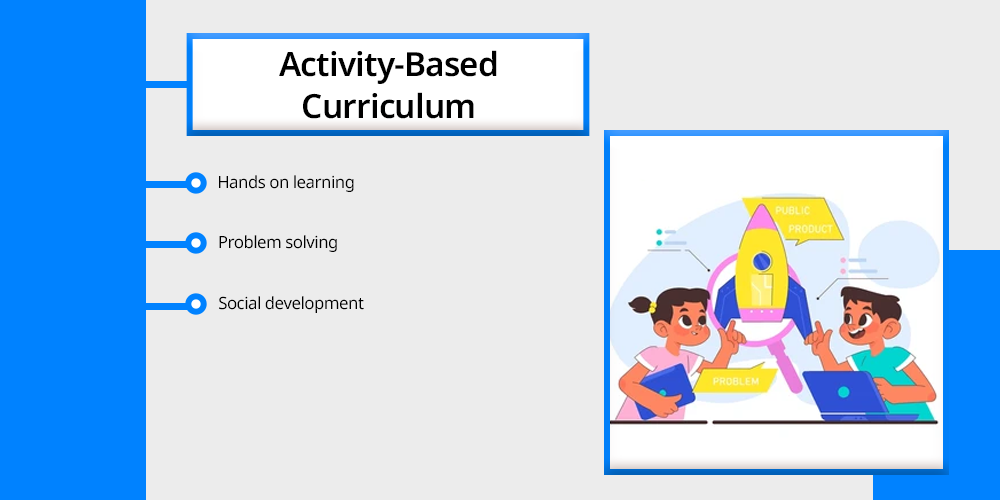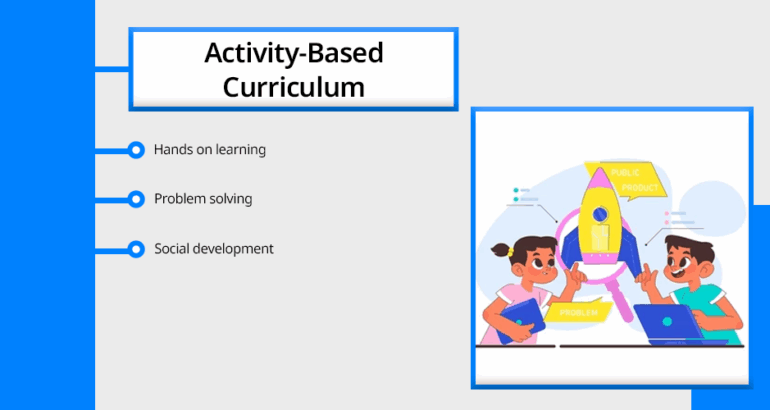
We were underestimating the extent of the crisis at home. According to new estimates from the Global Education Monitoring (GEM) Report and the UNESCO Institute for Statistics (UIS), 272 million children and adolescents were not attending school in 2023, which is 21 million more than what was previously reported in October 2024. The reason for the increase is not that the issue suddenly got worse. This is due to the inclusion of previously uncounted children in crisis-affected settings in improved modeling. Although this is significant progress, there are still data gaps in many of these contexts. This increased visibility is an important first step. After all, what we can’t see, we can’t solve. However, change cannot be driven solely by visibility. We must examine not only who is absent from school, but also why, and ensure that our solutions reflect this complexity in order to respond meaningfully.
Why children drop out of school and why education is important
Children drop out of school for a variety of reasons, including poverty, conflict, gender inequality, disability, and language barriers. However, there is another factor that is frequently overlooked: they are not learning. When schools fail to support learning, many children fall behind in the early years, repeat grades, or drop out entirely. As a result, the response must include foundational learning, which includes basic literacy, numeracy, and other skills that can be transferred, like socio-emotional competencies. Children are more likely to stay in school if they are learning. They frequently leave if they do not. In the early grades of primary school, children who do not master foundational skills are more likely to drop out of school and fall further behind in later years. Additionally, better life outcomes, such as higher earnings, improved health, and increased employment opportunities, are linked to strong foundational skills.
In a nutshell, children are deprived of the opportunity to realize their full potential without foundational education. While foundational education is an important component of the solution to the problem of out-of-school time, it is not the only one. This goes beyond pedagogy. Equity, retention, and reengagement in learning are all at stake. In fragile environments, where student learning faces significant obstacles, it is even more pressing. We call for a unified message as global actors get ready for major events like the upcoming United Nations General Assembly (UNGA) in New York and the Group of Twenty (G20) Summit in South Africa: Our data is better. Let’s make better use of it. In addition to requiring outrage, these new figures also require precision. We can better target resources, have stronger implementation strategies and spending, and design better, evidence-based policies and programs with sharper data.
Although data coverage in many of the most fragile contexts remains limited, a greater inclusion of previously invisible populations, such as children displaced by conflict or living in emergency settings, is an important step forward. Due to ongoing data limitations in crisis contexts, recent analysis suggests that the true global number of children not attending school may be significantly higher—by nearly 13 million children. Governments can use tools like the Foundational Learning Action Tracker (FLAT) to help them figure out where the most urgent need for policy action is. Even the most reliable data runs the risk of becoming background noise if decisive action is not taken.
We require a multifaceted response that places learning at its core. Building schools isn’t the only way to address the problem of out-of-school youth. It entails imparting knowledge. This begins with prioritizing foundational instruction to ensure that each child acquires fundamental but crucial skills. This necessitates enhancing instruction, ensuring the accessibility of high-quality teaching and learning resources, enhancing teacher education, and providing ongoing coaching support. The unlocking of lifelong pathways to improved health, autonomy, survival, and economic opportunity through solid foundational education benefits individuals and nations. The solutions must also be multidimensional because the causes of exclusion are multifaceted. Reaching every child, assessing learning, prioritizing fundamentals, increasing instruction efficiency, and creating conducive learning environments—the RAPID Framework—are all integral components of the crisis response. Better utilization of domestic and external funding, as well as improved education systems as a whole, are also required to support these strategies. The solution must include education. Results won’t be achieved by access alone. The admission of children to school is only half the battle. They are more likely to drop out of school if they aren’t learning, especially in the early years.
Equity is improved, dropout prevention is reduced, and the foundation for future success is laid through foundational education. One of the best ways to improve outcomes and access is to invest in fundamental skills. Additionally, we must guarantee that investments address context-specific issues. The most recent figures are not only a wake-up call, but also a call to smarter action. We need to tailor our actions on poverty, gender inequality, conflict, and displacement with investments in foundational education. However, we must also interpret these figures with humility, especially in crisis-affected settings where the actual scale of exclusion is likely even greater. Our response needs to be as urgent as the numbers and as uncertain as they are. One of the best ways to improve outcomes and access is to invest in fundamental skills. Integrative, tried-and-true strategies based on what works are required to reach the 272 million children who do not attend school and the millions of others who do attend but do not learn.


